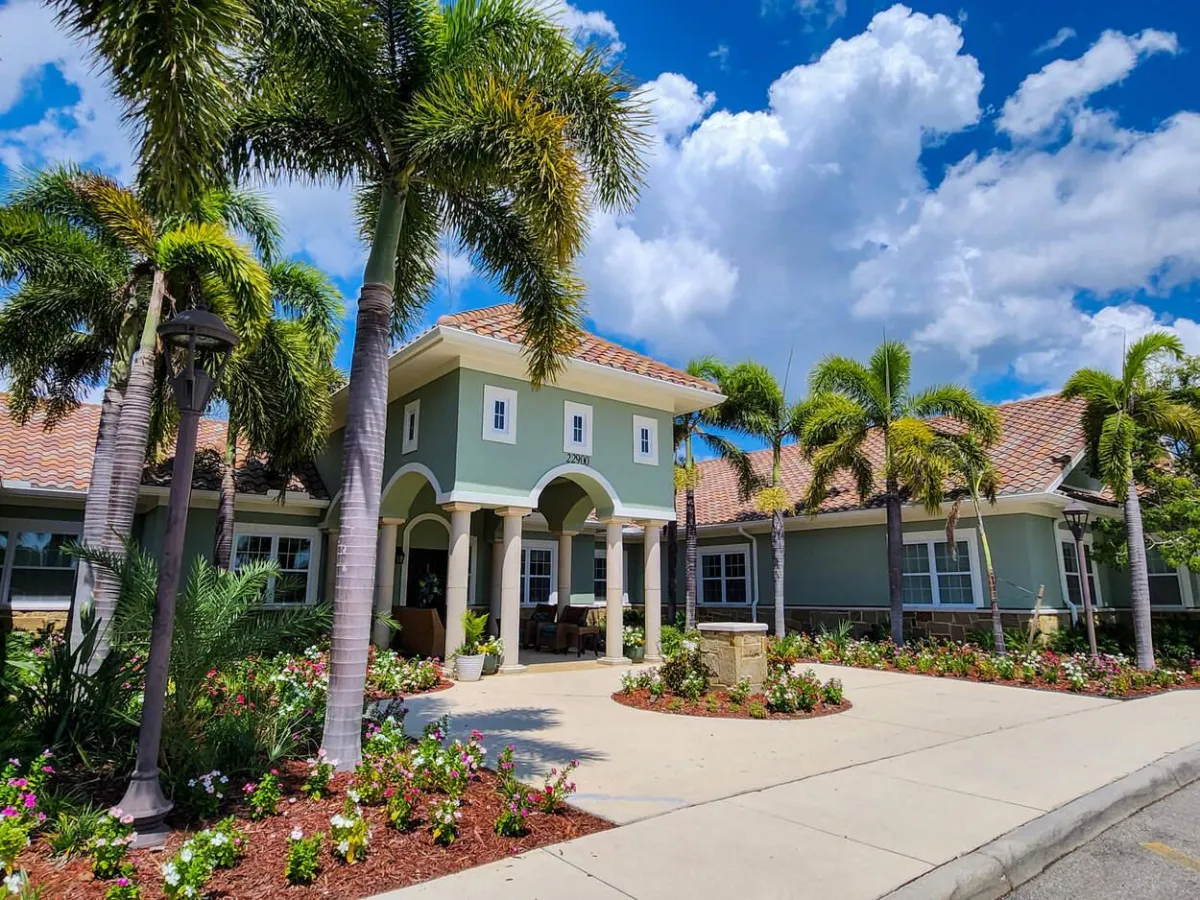We are NOT currently hiring. This site is for families seeking memory care services. For employment inquiries, visit our Indeed page.
Memory Care Resources
Enjoy these articles on finding the right care for your loved one
Memory Care Insights: Navigating Caregiver Challenges in Senior Living
Introduction
As the demand for memory care services continues to grow, families and caregivers face increasingly complex challenges when supporting loved ones with dementia and Alzheimer's disease.
Understanding these challenges and the evolving landscape of memory care is essential for making informed decisions about senior living options.
The Growing Need for Memory Care Services
Memory care communities are experiencing unprecedented demand as our population ages. Research indicates that most assisted living residents with dementia have moderate to severe dementia, requiring specialized care approaches that go beyond traditional senior living services. The complexity of care needs has increased significantly, with the majority of residents taking one or more psychotropic medications to manage behavioral symptoms.
Common Challenges Facing Caregivers
Caregivers supporting individuals with memory impairments encounter numerous obstacles that can impact both their well-being and the quality of care they provide:
Communication Difficulties: As dementia progresses, verbal communication becomes increasingly challenging, requiring caregivers to develop new strategies for connection and understanding.
Behavioral Changes: Managing unpredictable behaviors, mood swings, and personality changes demands patience, training, and emotional resilience.
Physical and Emotional Exhaustion: The demands of caregiving are substantial, often leading to caregiver burnout if proper support systems aren't in place.
Safety Concerns: Ensuring the safety and well-being of loved ones who may wander, forget to eat, or struggle with daily tasks requires constant vigilance.
Subtle Signs It May Be Time for Memory Care
Many caregivers miss early warning signs that indicate their loved one might benefit from professional memory care services. Key indicators include:
Forgetting to cook or relying heavily on processed foods
Declining personal hygiene and grooming habits
Difficulty managing medications independently
Increased social isolation and withdrawal
Unsafe behaviors like leaving stoves on or wandering
How Memory Care Challenges Traditional Approaches
Modern memory care communities are revolutionizing dementia care by challenging conventional norms. Three key areas where memory care takes a unique approach include:
Routine and Structure: Memory care environments prioritize consistent daily routines that provide comfort and reduce anxiety for residents.
Sensory Engagement: Specialized programs incorporate sensory stimulation to maintain cognitive function and emotional well-being.
Patience-Centered Care: Staff members receive specialized training in dementia care techniques that emphasize patience, validation, and person-centered approaches.
Navigating the Emotional Journey
The decision to transition a loved one to memory care often comes with complex emotions including guilt, grief, and uncertainty. Caregivers must navigate:
Feelings of guilt about not being able to provide care at home
Grief over the progressive loss of their loved one's abilities and personality
Adjustment to a new role as advocate rather than primary caregiver
Recognition of the advantages professional memory care can provide
Conclusion
Understanding the multifaceted challenges of memory care—from caregiver stress to facility selection—empowers families to make informed decisions that prioritize both quality of life and quality of care. By recognizing warning signs early, exploring professional memory care options, and accessing appropriate support resources, families can navigate this difficult journey with greater confidence and peace of mind. The key is to remember that seeking professional help is not a failure but rather a compassionate choice that can enhance the well-being of both the person with dementia and their caregivers.
Get In Touch
Looking for more information about Gulf Coast Memory Care? Complete the following form and someone from our office will follow up with you shortly.

Gulf Coast Memory Care
(239) 221-6120
22900 Lyden Dr, Estero, FL 33928
AL# 12921





